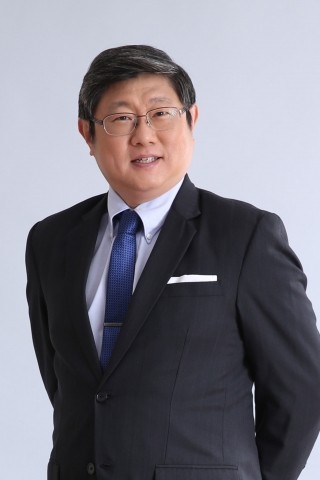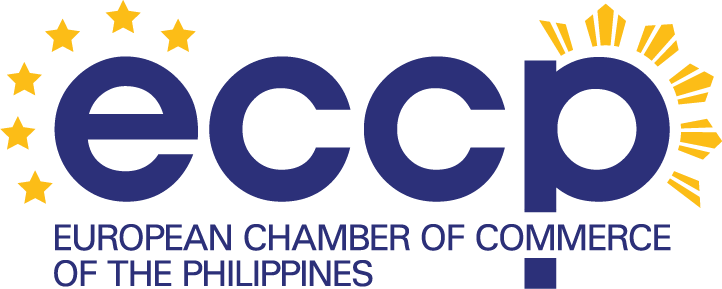
Crisis Leadership, High Reliability, and Resiliency
Leaders are expected to make decisions. But in 'abnormal times', there is insufficient information and evolving scenarios and rules, where there is often no clear playbook. Hence, the element of being critical and systems perspective is important. Leaders are expected also to create innovative design solutions for such crisis times. When things go wrong, the leaders get blamed because they are accountable.
Resiliency is an ambiguous term and during these times. This word has become a buzz word where it means different things to different people. Perhaps resiliency is not the solution to a crisis problem but rather the necessity to create a highly reliable team. This means the management of crisis cannot follow a conventional hierarchical structure but the necessity to have the right dream team, of essential followership, less individualism, no ego, more complementation, CSW, and able to step in to support the leaders.
Current scenario of our workforce is not set up for such. Here is where the Human Resource Department has to be socialized into the appreciation of abnormal crisis times, and whether who we hire can be educatable to be highly reliable. This means a serious demand on the part of HR departments, rules have to change in terms of hiring for normal times, and for abnormal times (such as in deep consideration in BCP activation).
The other item of deep concern is how the leadership and the crisis team come together to decide on sensitive decisions taking ethics into consideration. We will go through an exercise to determine values. Foundation for ethics is a forgotten item in hiring of essential staff in an organization. Lastly, the 7 pointers for creating highly reliable organization that can lead to resilience will be shared.
 Kenneth Y. Hartigan-Go, MD, MD (UK)
Kenneth Y. Hartigan-Go, MD, MD (UK)
Associate Professor
Asian Institute of Management
He was Philippine Department of Health Undersecretary (2015-2016); Director General of Food and Drugs Administration (October 2012- October 2014); Deputy Director Bureau of Food and Drugs (1999-2001). He was the founding Executive Director of the Zuellig Foundation from 2001 to 2009. He was faculty of the UP College of Medicine (1990-2006), Ateneo School of Medicine and Public Health (until 2010) and AIM (2010-2015).
He holds Doctor of Medicine degrees from the University of the Philippines College of Medicine (1985), and from Newcastle University UK (1998, Clinical Pharmacology). He is a Fellow of the Royal College of Physicians (Edinburgh), a Fellow of the American College of Physicians, Honorary Fellow of the Academy of Medicine, Singapore and Honorary Fellow of the Singapore College of Physician since 2017 and the President Philippine College of Physicians (2017-2018).
From 2013-2016, he advised the Chair of the APEC's Life Science Innovation Forum (LSIF) executive board. He served as member of the WHO Global Advisory Committee on Vaccine Safety and WHO Advisory Committee on the Safety of Medicinal Products. He is a member of the Steering Committee of the NUS Initiative for Health in Asia (NIHA), and Expert Panel member of the Center for Regulatory Excellence based in Singapore. In the mid-2000's he was also President of the Corporate Network for Disaster Response (CNDR) and a founding member of the Laban Konsyumer Inc, an NGO Consumer advocacy organization since 2016. He sits as Board Member of Cullion Foundation Inc., Equicom Savings Bank, Maxicare Health Corporation, Generika, OML Center for Climate Change Adaptation, CARD MRI BotiCARD Inc, MedGrocer, and a member of the National Council of Biosafety Philippines. He is currently the president of the International Society of Pharmacoeconomics and Outcome Research Philippine Chapter. He is a Fellow of the Institute of Corporate Directors.

